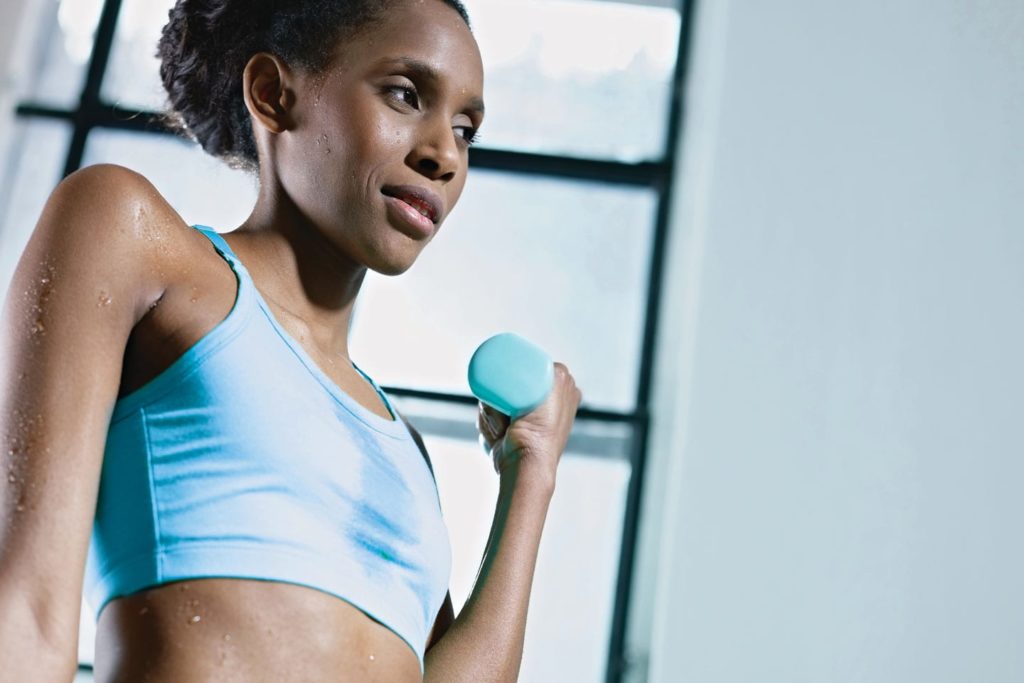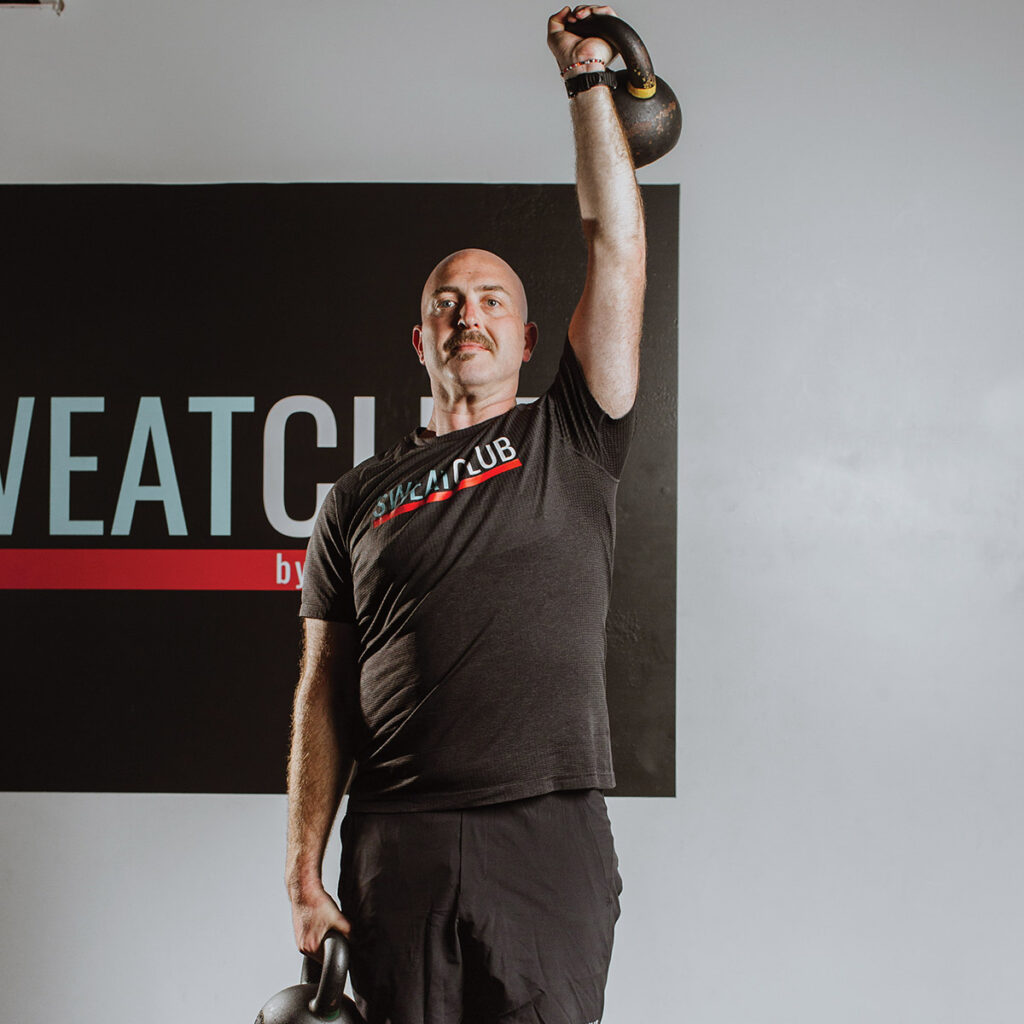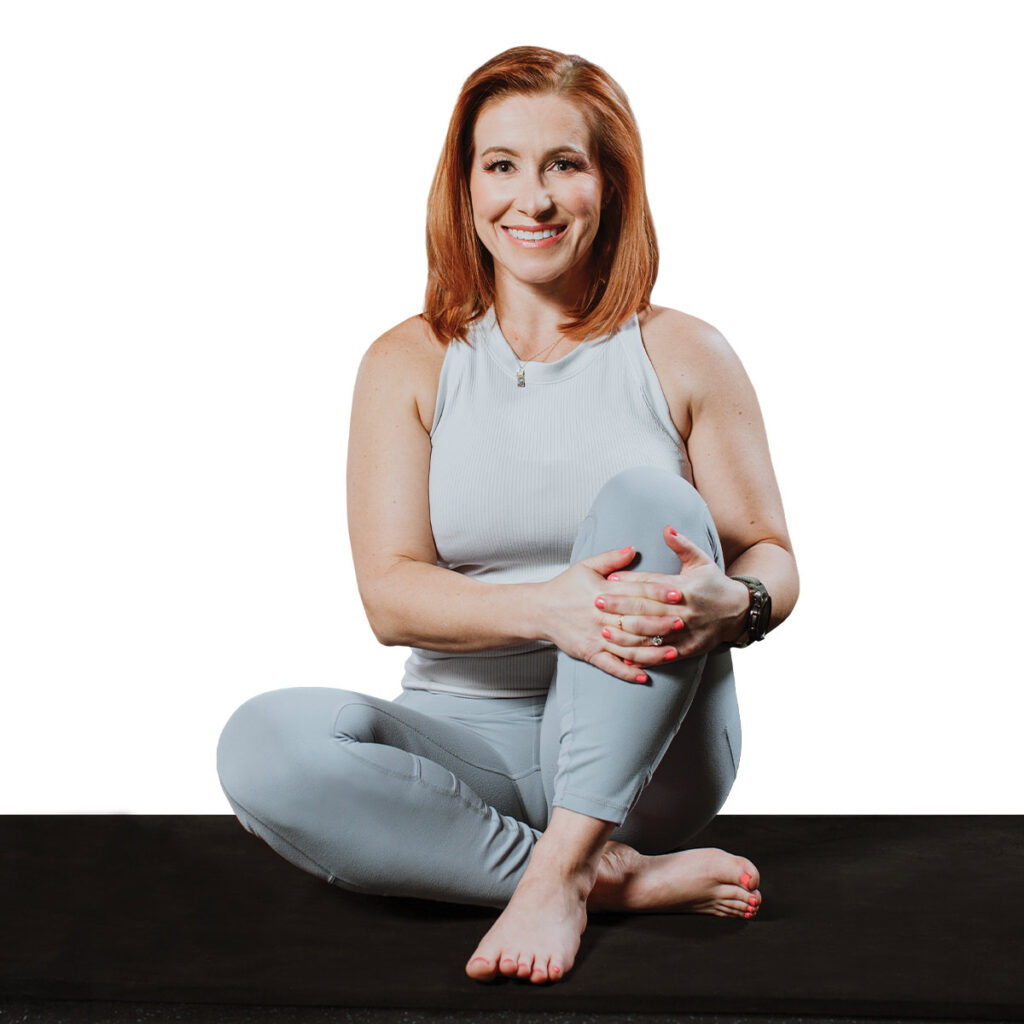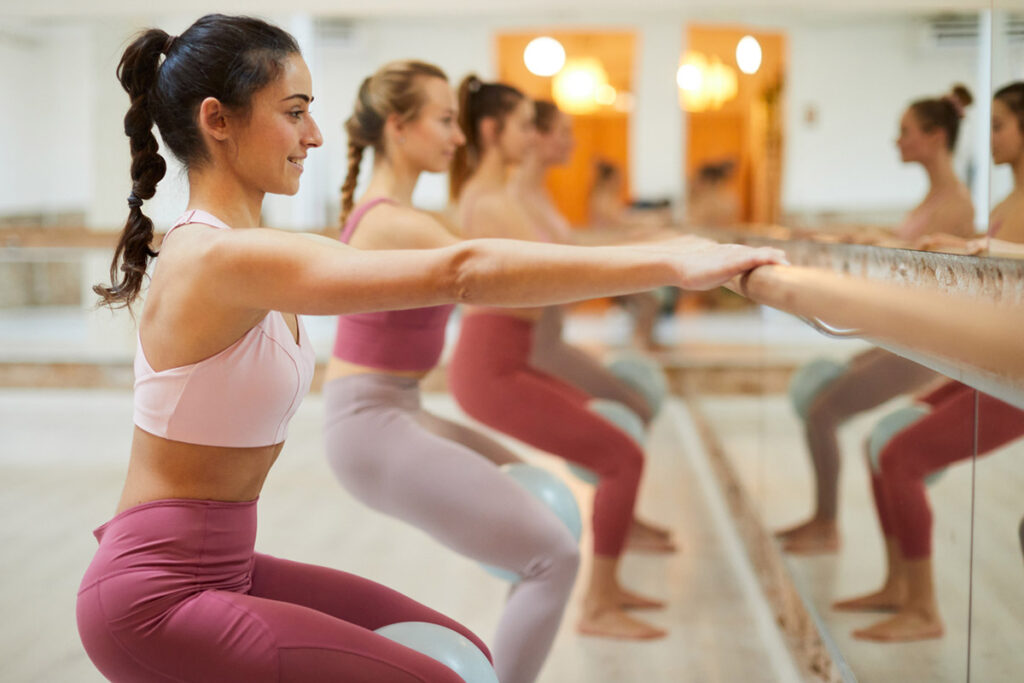Answers to Frequently Asked Questions About the Body’s Cooling System
Everyone sweats. Some sweat too much, suffering from a condition known as hyperhidrosis. Others sweat too little, suffering from anhidrosis. Generally, sweat occurs as a result of a hot environment, exercise, nervousness or stress. Although it may be odorous and uncomfortable, sweat is essential for good health. This article will explore the complexities of sweat and provide answers to some common medical questions concerning it.

What Causes Sweat to Form?
The body works best when its temperature is about 98.6 degrees F. When body temperature begins to rise—say, in response to spicy food, exercise, sickness, menopause or hot weather—the part of the brain that controls temperature sends a signal to the sweat glands to begin producing sweat. After sweat forms in the glands, it leaves the skin through the pores. Upon coming into contact with the air, it evaporates, causing the body’s temperature to cool down.
Are There Different Kinds of Sweat?
“There are two kinds of sweat: eccrine sweat and apocrine sweat,” says Dr. Brendon McDermott, an assistant professor and clinical coordinator in the Graduate Athletic Training Education Program at UTC. “One is for thermal regulation. The other is based on stress levels.”
Eccrine glands are located in the skin all over the body, with the highest concentration in the palms of your hands and the soles of your feet. Secreting mostly water with trace amounts of salt and potassium, these glands help the body cool down.
The apocrine glands are found near denser concentrations of hair follicles (think underarm, groin, and scalp areas). In response to stress or pressure, these glands produce a thicker kind of sweat, made up of fatty acids and proteins. Apocrine glands appear to serve no particular function, though some suggest they act as olfactory pheromones, chemicals cited for increasing sexual desire.
How Much Should I Drink When I Exercise?
Knowing your individual sweat rate can help you determine how much you need to drink during an exercise session.
To find out your sweat rate, first weigh yourself in kilograms with as little clothing as possible (1 lb. = 0.45 kilograms). Then exercise at an intensity that causes you to sweat. Do not drink any fluids.
After 30 minutes, weigh yourself again. Subtract your new weight in kilograms from your old weight in kilograms. Double that number. This is roughly how many liters per hour you should drink to maintain proper fluid levels when exercising.
What Does It Mean if I Sweat a Ton?
Under benign conditions, excessive sweating can be normal. For example, it’s natural for the body to produce large amounts of sweat during strenuous activity. However, under other conditions, excessive sweating may be a symptom of an underlying health condition known as hyperhidrosis. Hyperhidrosis affects approximately 1-3 percent of the population, and while embarrassing and inconvenient, it isn’t usually dangerous.
Topical antiperspirants are the first line of treatment for excessive underarm sweating, and they also work well on the hands and feet. People who suffer from hyperhidrosis generally need a stronger antiperspirant with 10-15 percent aluminum salts. In more extreme cases, treatment options may include Botox, iontophoresis (a treatment using an electric current), or anticholinergic medications (taken orally).
What If I Don’t Sweat At All?
People who do not sweat enough may suffer from a condition called anhidrosis. According to McDermott, frequent causes include skin trauma and various neurological conditions. If you barely sweat when it’s hot or when you are doing strenuous work or exercise, talk to your doctor. Anhidrosis can go unrecognized, and danger lies in its ability to cause heat exhaustion quickly. If your body is unable to sweat, the body’s temperature will continue to rise uninhibited.
Why Does Sweat Smell?
Actually, sweat itself does not smell; when the secretion first comes out on the skin, it’s odorless. This is why you usually don’t stink during the actual process of sweating, like during a long run or a soccer game. But once sweat dries and stays on the skin, bacteria on the skin mixes with the sweat to cause body odor. Compare stagnant pond water to a flowing river. The sitting water will generally smell and have growths on the surface, but the river will smell fine because the water is constantly flowing.
Does Sweating Make You Lose Weight?
If you step on a scale just after sweating, you will usually weigh less. But this is “water weight,” and as soon as you drink fluids, you will gain it back. The act of exercising can make you lose weight, but this is true regardless of how much you sweat.
“You can lose weight temporarily by sweating, but ultimately your drive for thirst will lead you to replace what you are losing,” McDermott says. “My recommendation is that if you are going to perform well and not have side effects of dehydration, you shouldn’t be more than 5 percent dehydrated, or you will more than likely be less productive and crankier. In fact, the goal would be not more than 2 percent.”
If I’m Sweating a Lot, What Should I Drink?
Because sweat is primarily water, it’s important to drink fluids before, during and after activity. Many health professionals recommend flavored sports drinks for fluid replacement when exercising for periods longer than 30 minutes. A sports drink will offer your body three things it might need: hydration, fuel, and electrolytes/minerals. Research the different drinks before buying them or ask your doctor or nutritionist what they would recommend. Alcoholic drinks as well as products high in sugar, caffeine or artificial sweeteners could be harmful to your body.
“There is nothing that we are going to consume that will replace everything that we lose,” says McDermott. “It takes a normal diet and fluids to replace everything. I recommend what is most palatable. Sports drinks do replace some electrolytes and carbohydrates, which will increase thirst and make you drink more. They also can help you retain fluids. I would recommend people at least try them for strenuous exercise. But for normal everyday activity, drink whatever will help you maintain your body weight.”
Why Do Some People Sweat More Than Others?
“Individualized sweat rates are dependent on a lot of things,” McDermott says, “like genetics, acclimation status (how used to the heat you are), how in shape you are (the more in shape you are, the more you sweat), hydration status (the more dehydrated, the less you’ll sweat) and humidity.”
Other factors like hormonal changes, exercise intensity, and body mass per surface area play a role. “What produces heat and gets us hot is muscle contraction. If we have more muscle for our body weight and less body fat, we will end up sweating more, because our temperature will rise higher,” McDermott says.
What Are Night Sweats?
A night sweat is a clinical symptom that can be caused by a number of things. Most night sweats are nothing to lose sleep over—the majority of complaints are due to an unusually hot bedroom or too many bedclothes or an upsetting dream. Menopause is another benign source of night sweats in women.
However, there are several serious medical conditions associated with night sweats that could be cause for concern. Night sweats can be an early symptom of most cancers and some infections, primarily bacterial. Hypoglycemia, hormone disorders, and neurologic conditions can also lead to night sweats. If you are suffering from undiagnosed recurring night sweats, seek out the advice of your primary care physician.
How Can I Manage My Excessive Sweating?
Even if you do not suffer from a condition like hyperhidrosis, coping with exorbitant or even normal amounts of sweat can be taxing and embarrassing. If regular antiperspirants don’t work, ask your doctor about prescription strength ones.
Sometimes, avoiding sweat can be as easy as adjusting your routine. Turn on the air-conditioning in your car instead of rolling down the windows. Wear cotton fabrics instead of polyester. Be aware of what is causing you to sweat and take steps to prevent it. For some, sweat is caused by anxiety. Controlling this could be as simple as taking a few deep breaths. Stress and diet also play a role in your body’s sweat production. Take steps to reduce stress and be aware of your food choices, particularly spicy foods and caffeinated beverages.
Sweat can be messy and embarrassing, but there are ways to prevent excessive sweating and keep your skin healthy. Find out what routine works best for you and make sure to do your research. There are serious conditions associated with sweating, so if you have questions about it, don’t hesitate to ask your doctor or dermatologist.




